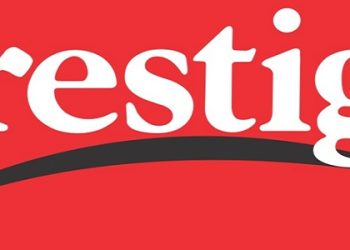Recently, a professor at a business school allegedly misused his faculty position to provide fake certificates to students whom he had compelled to attend an online course that he taught. He essentially took advantage of India’s rising pre-pandemic gig economy in education. When authorities at the institution discovered the racket, they suspended him. This is a cautionary tale for the global rise of shadow entrepreneurship, not just in education but other sectors such as finance (for easy loans), the betting economy (online games) and healthcare (e-pharmacies). Given the potential perverse consequences of shadow entrepreneurship in the long run for consumer welfare, regulation is needed to monitor quality of services.
Supply and demand shock
What might drive the rise of shadow entrepreneurship? When there is a supply and demand shock as momentous as COVID-19, a new market may open up to tackle the shifting inwards of markets, owing to rising prices and lower quantities available….
















